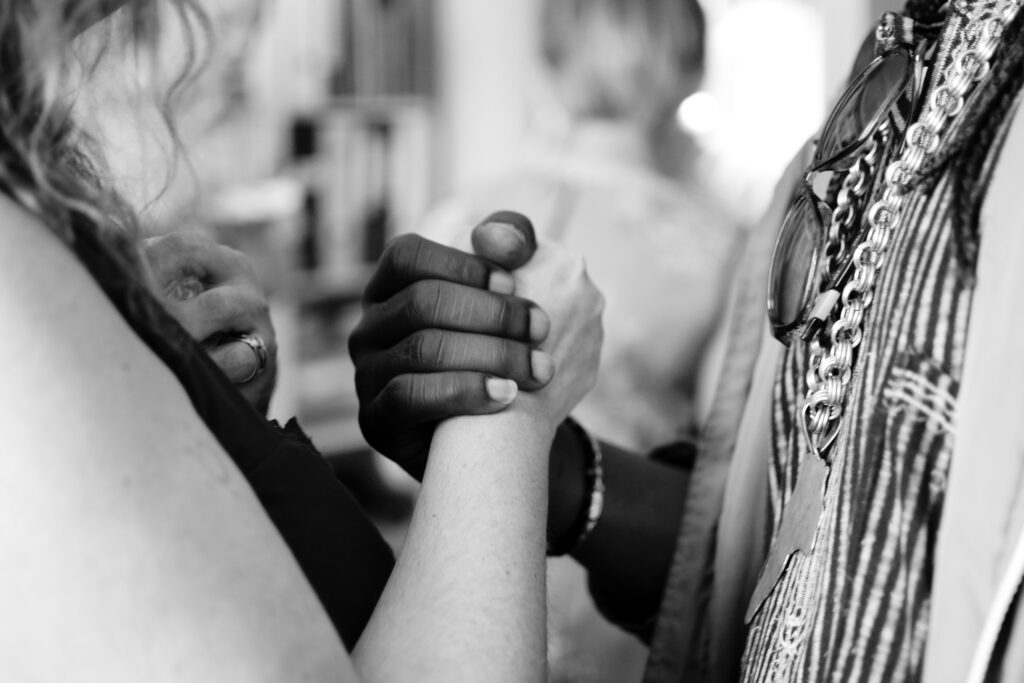
How much should you and your partner have in common? How much are you trying to change your partner? How often do you say: Well, you cannot get everything from one partner? These statements and questions are frequent when I work with clients dealing with relationship challenges. Let’s shed some light on compatibility.
Attraction
There are various different sayings or statements that go with attraction. For example: ‘Opposites attract’ or ‘like attracts like’. It seems to be suggesting that everything attracts each other. Do you think both are true or which is truer for you personally?
Whichever it is, in every relationship there is some form of attraction that is based around one or more areas of the relationship. For some it is physical attraction, for others common interests, hobbies, work or similar philosophies in life. It can be and hopefully is a mix of different areas that overlap and that you find attractive about your partner.
Disillusionment
After the honeymoon period wears off and you will see your partner with more clarity and realism. Some of the things you so adored in the first place might become less attractive or the reality of the whole person brings a bit of disillusionment. This is normal under the circumstances and you now have to ask yourself whether you feel that you and your partner are enough of a match to make a relationship work overtime.
Being ‘enough of a match’
The compatibility will be more or less between any two people and depends on the number of values that you share with your partner. Ask yourself: What is important to me in my life? Which of those values are also important to my partner? These will be the ones you share. If, for example, communication and emotional connection are two of your values and they are very important (= higher on your values list) to you it will be good and make the relationship longer lasting if you share them with your partner.
Not all people need the same amount of overlap. Some individuals are quite happy to live a big part of their lives on an individual basis and they connect with their partner on certain days only. They might even prefer to live in separate apartments and have their own physical space, friends and recreation activities. Others might need a bigger amount of overlap, they strive to have common interests and do many activities with their partner. The question is whether you and your partner have similar needs in terms of the amount of overlap you both need from the relationship.
Relationship satisfaction
Relationship satisfaction will depend on two things: a) how much overlap you need in comparison to how much you get in your relationship and b) how much of your higher values are covered.
Let’s show this in a practical example: If you are a person that would love to spend every moment with your partner and find it especially important that you can communicate about everything openly and honestly in a deep and meaningful way, imagine yourself in a relationship with a partner that prefers more time with his friends and is less of a talker. You might otherwise be very well matched, physically attracted to each other, devoted to each other and the relationship, have similar hobbies etc. but over time your primary need or high value will be left unsatisfied and potentially make you feel like there is something missing.
What shall I do now?
When you realize that you might not get what you need in your relationship there are only two options: either you accept things the way they are and potentially let go of some of your needs or you get real and face the fact that you are not as satisfied as you deserver to be. Which one will it be for you?
